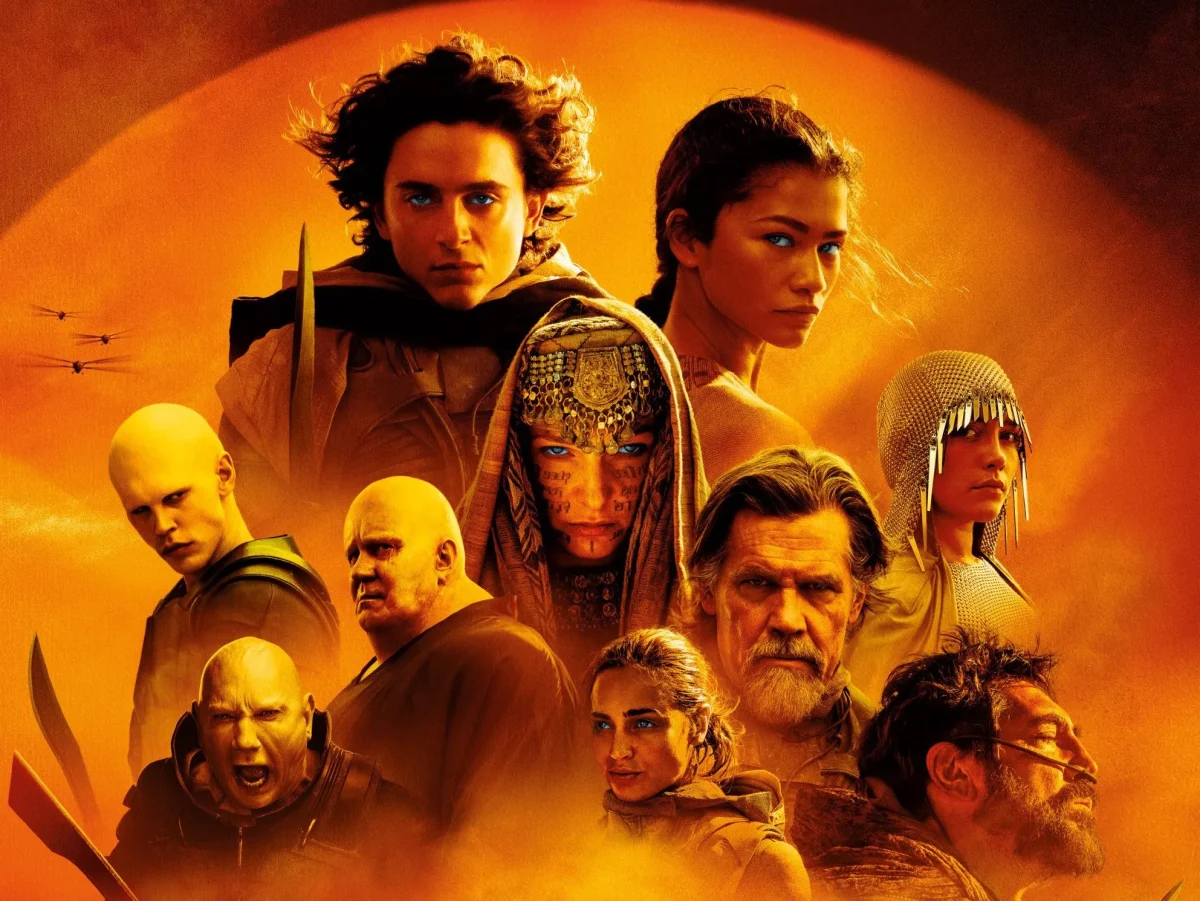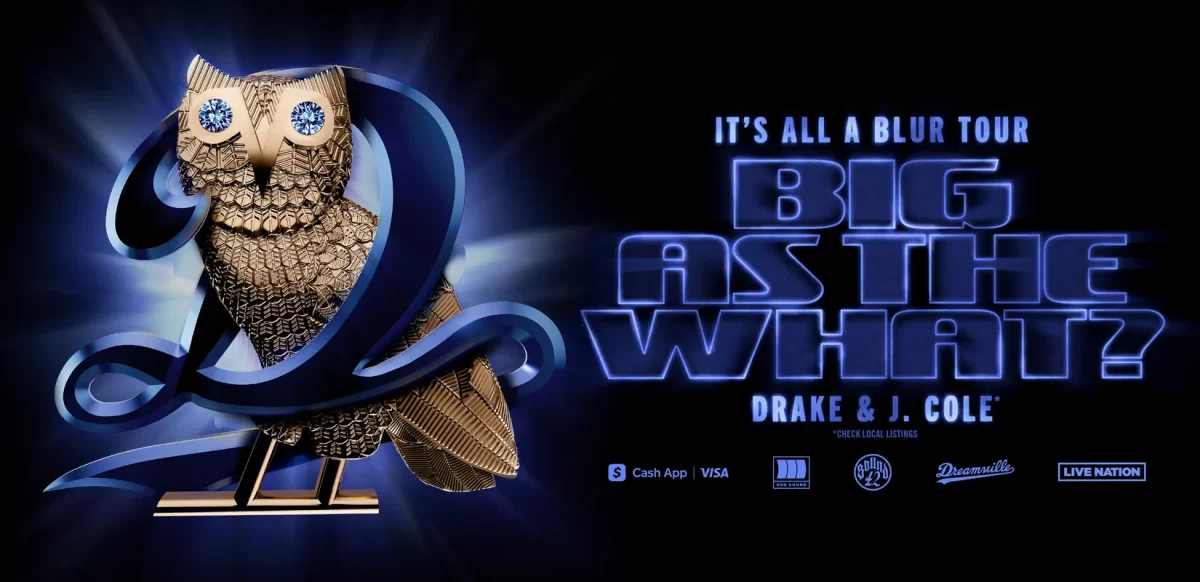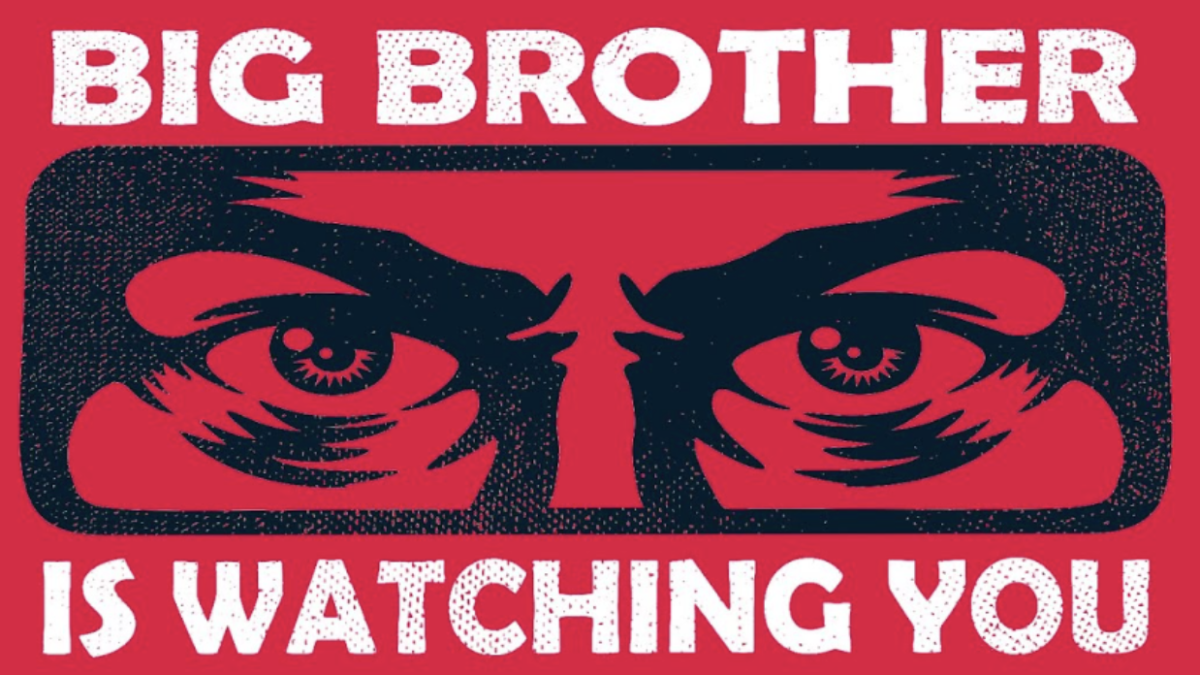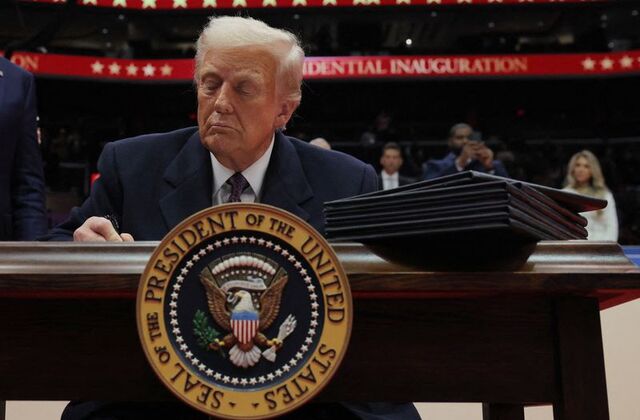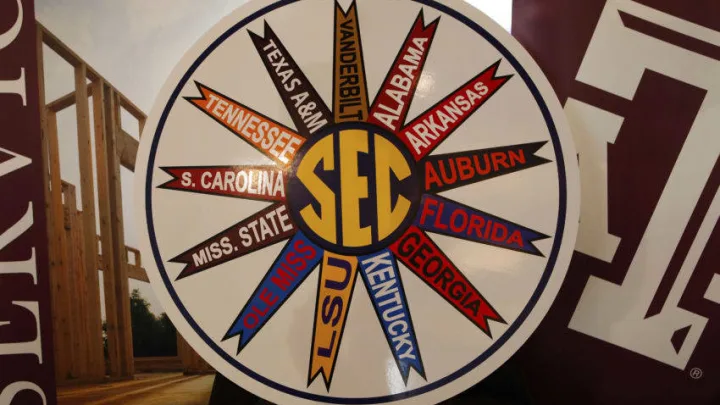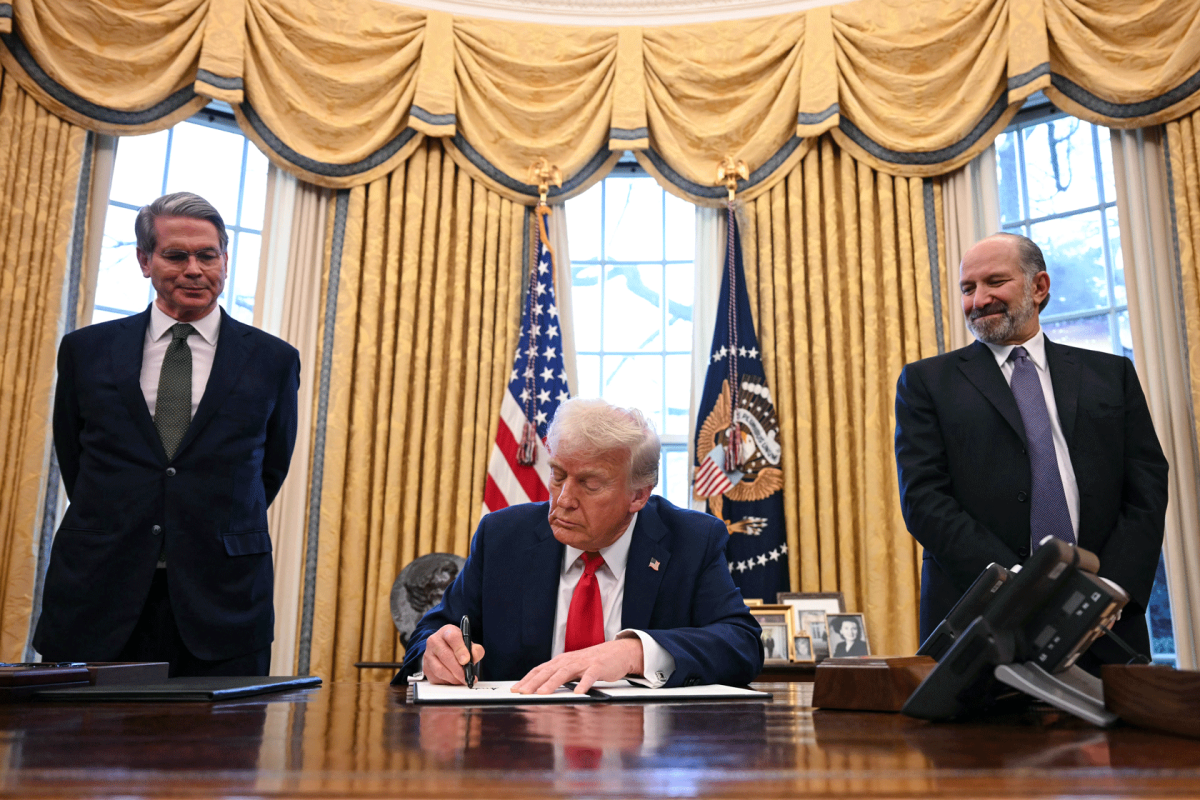Political dramas offer an entertaining and accessible entry point for anyone curious about government, politics, and global affairs. These shows explore high-stakes issues, from foreign diplomacy to election integrity, blending fictionalized narratives with real-world relevance. While dramatized, they tackle surprisingly insightful questions about leadership, integrity, and the weight of decision-making. Here’s my ranking and review of some standout series that have shaped my passion and understanding of politics.
1. The West Wing
The West Wing is the gold standard of political dramas, and it truly started it all. It’s idealistic, showing how you want government to work. The show dives deep into the executive branch, portraying the White House and even the campaign trail with remarkable detail. Over 154 episodes spanning seven seasons, viewers become well-informed on the complexities of politics and governance. One of my personal favorite episodes is The Supremes, which captures the intense process and art of compromise in Supreme Court nominations. Characters like Josh Lyman and Sam Seaborn bring intelligence, passion, and humanity to their work, giving the series an emotional weight that connects with audiences. The entire cast is outstanding, and the show’s pacing ensures there’s never a dull moment. With something for everyone, The West Wing combines witty banter with genuine policy discussions that explore issues still highly relevant today—peace in the Middle East, relations with Russia, gun control, and healthcare reform, to name a few. This balance of sharp writing and enduring themes makes The West Wing a timeless classic that inspires viewers to believe in the potential of government.
2. Madam Secretary
Madam Secretary is a gem for foreign policy fans. The series follows Secretary of State Elizabeth McCord as she handles delicate diplomatic matters, balancing national interests with personal values. The family dynamic is a key part of the show, and the character of Henry McCord, Elizabeth’s husband, brings warmth and stability to the story. The refreshing family subplot is a unique strength of this political drama compared to its counterparts. Mike B, a wry political advisor, adds humor while helping McCord navigate the complexities of her role. The show does an impressive job exploring Middle Eastern conflicts, Russian relations, and smaller mundane policy decisions, capturing global issues that feel increasingly timely.
3. House of Cards
For a stark contrast, House of Cards takes a much darker view. Frank Underwood’s cutthroat climb through the legislative branch offers a cynical, Machiavellian take on power. The series is intense and gripping, giving viewers a front-row seat to political maneuvering at its most ruthless. It’s how you think government might work behind closed doors—where ambition often overshadows integrity. Chapter 16 is my favorite episode, as Underwood masterfully exploits parliamentary rules in the Senate for a gripping display of political manipulation. Despite its darker tone, the show explores important themes and policy issues, including education reform, election integrity, national security, and power consolidation, which remain highly relevant today.
4. Designated Survivor
Designated Survivor sparked my love for political dramas. Premised on the continuity of government, it follows Tom Kirkman, a low-ranking cabinet member, who suddenly becomes president after an attack on the Federal Government. The show presents a unique blend of action and political intrigue, with a strong emphasis on crisis management. Aaron Shore and Lyor Boone are standout characters, each bringing distinct personalities to the White House’s efforts to rebuild and lead during a national emergency.
5. Veep
In a hilariously, perhaps more realistic take on American politics, Veep gives a comedic yet critical view of dysfunction in government. The series follows Vice President Selina Meyer, whose career is full of cringe-worthy mistakes and backstabbing, holding a mirror to the vanity and absurdity of political life. It’s a chaotic, often brutally honest portrayal of the pitfalls in politics. As one fan said, “Veep is how it really is.”
6. The Diplomat
Netflix’s The Diplomat, with a second season on the way, explores modern diplomacy through the lens of a U.S. ambassador navigating complex alliances. The show highlights the realities of balancing U.S. interests with foreign agendas and offers a modern take on the challenges of international relations. With a more narrowed scope than some of the other political dramas, The Diplomat zeroes in on the nuanced art of negotiation and the delicate balancing act required in global diplomacy.
These shows, with common themes of power struggles, ethical dilemmas, and geopolitical conflicts, continue to hold up remarkably well in today’s political climate. They’re a fantastic starting point for anyone interested in politics, offering a mix of inspiration, cautionary tales, and plenty of lessons about how governments function (or fail). Whether idealistic or cynical, these shows fuel a deeper understanding of political systems and the individuals who run them.





